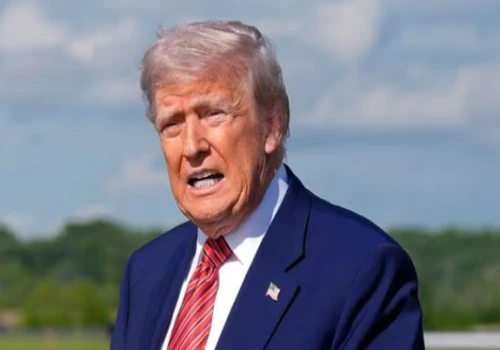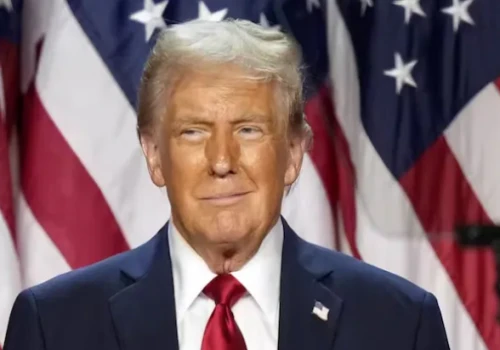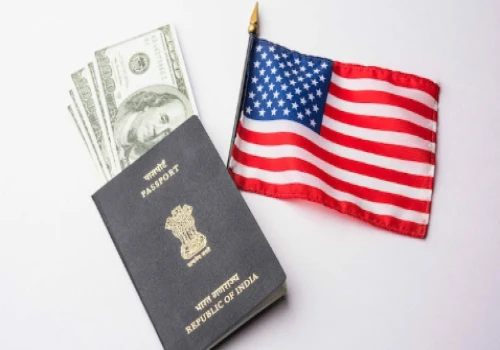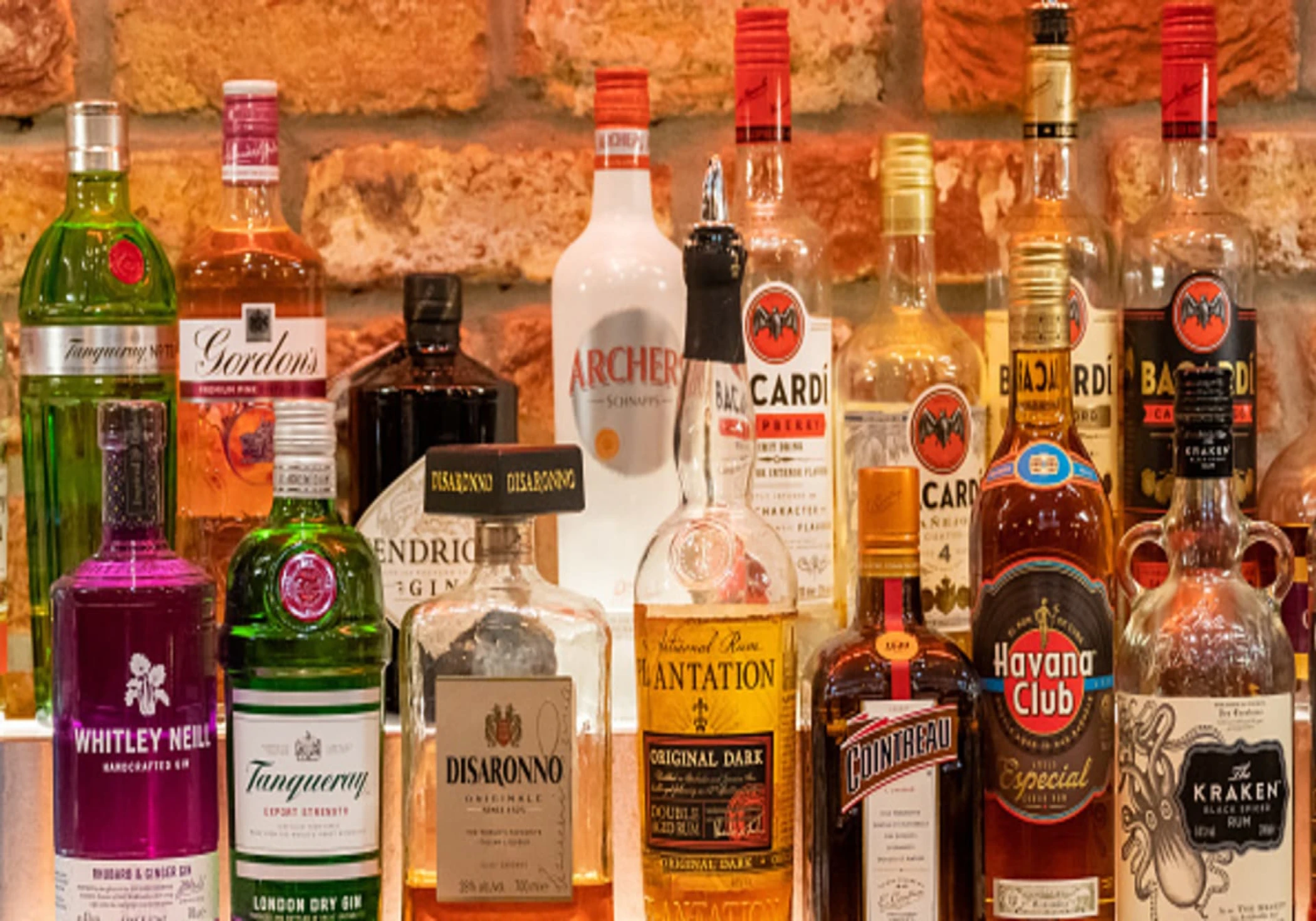
On the 24th of January, a historic event took place in Saudi Arabia as the first liquor store in over 70 years opened its doors in the diplomatic quarter of the capital, Riyadh. This marked a significant liberalizing move for the ultra-conservative country, allowing non-Muslim diplomats to purchase alcohol for the first time. Saudi Arabia is among the few nations globally that strictly prohibits the consumption of alcohol by its citizens.
Non-Muslim diplomats, who were previously required to import alcohol through a diplomatic pouch or sealed official package, will now have the option to purchase alcohol locally.
The imposition of alcohol prohibition in Saudi Arabia dates back to 1952, shortly after one of King Abdulaziz's sons became intoxicated and, in a fit of anger, fatally shot a British diplomat.
For quite some time, there have been speculations about the potential availability of alcohol in the Kingdom of Saudi Arabia, amid ongoing social reforms initiated as part of Crown Prince Mohammed bin Salman's Vision 2030 reform agenda. These reforms also encompass the introduction of cinemas and mixed-gender music festivals.
The recently unveiled policy, announced on Wednesday, outlines the introduction of a new regulatory framework aimed at countering the illicit trade of alcohol goods received by diplomatic missions. The statement asserts that the new process is designed to curb and eliminate the previously unregulated practices that led to an uncontrolled exchange of such goods within the Kingdom. The focus of the new approach is on strictly allocating specific quantities of alcohol goods entering the country.
The statement affirms that diplomats from non-Muslim embassies will be guaranteed access to these products through specified quotas.
While the possession and consumption of alcohol in Saudi Arabia are considered criminal offenses, punishable by fines, floggings, imprisonment, or deportation, foreign contractors working in the kingdom have traditionally produced and consumed illicit gin and beer within the confines of their compounds.


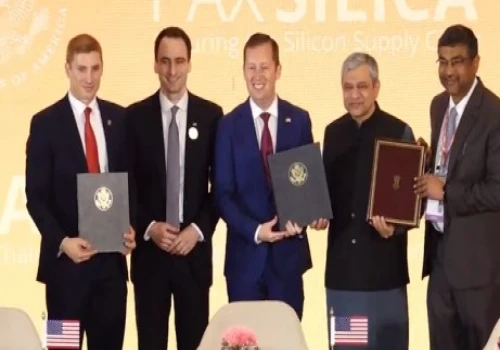



_500_x_350.webp)

